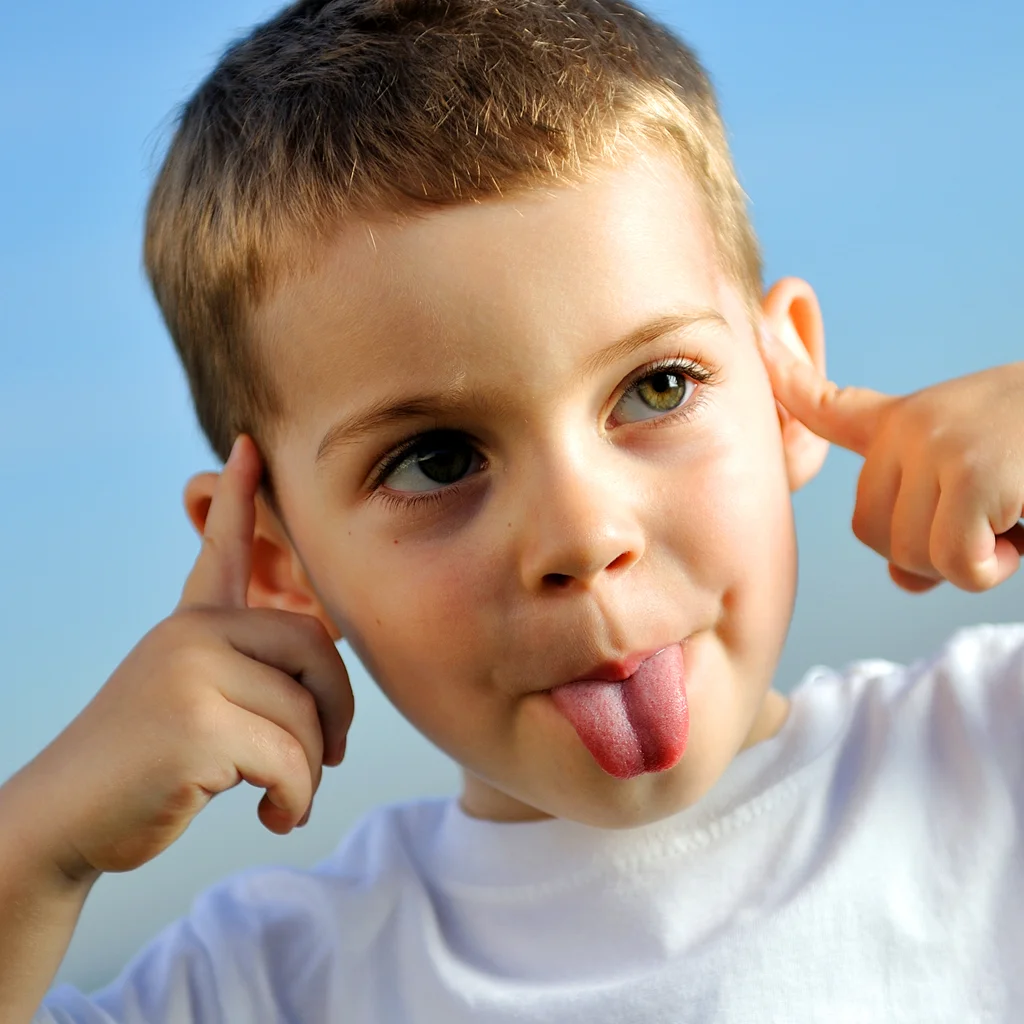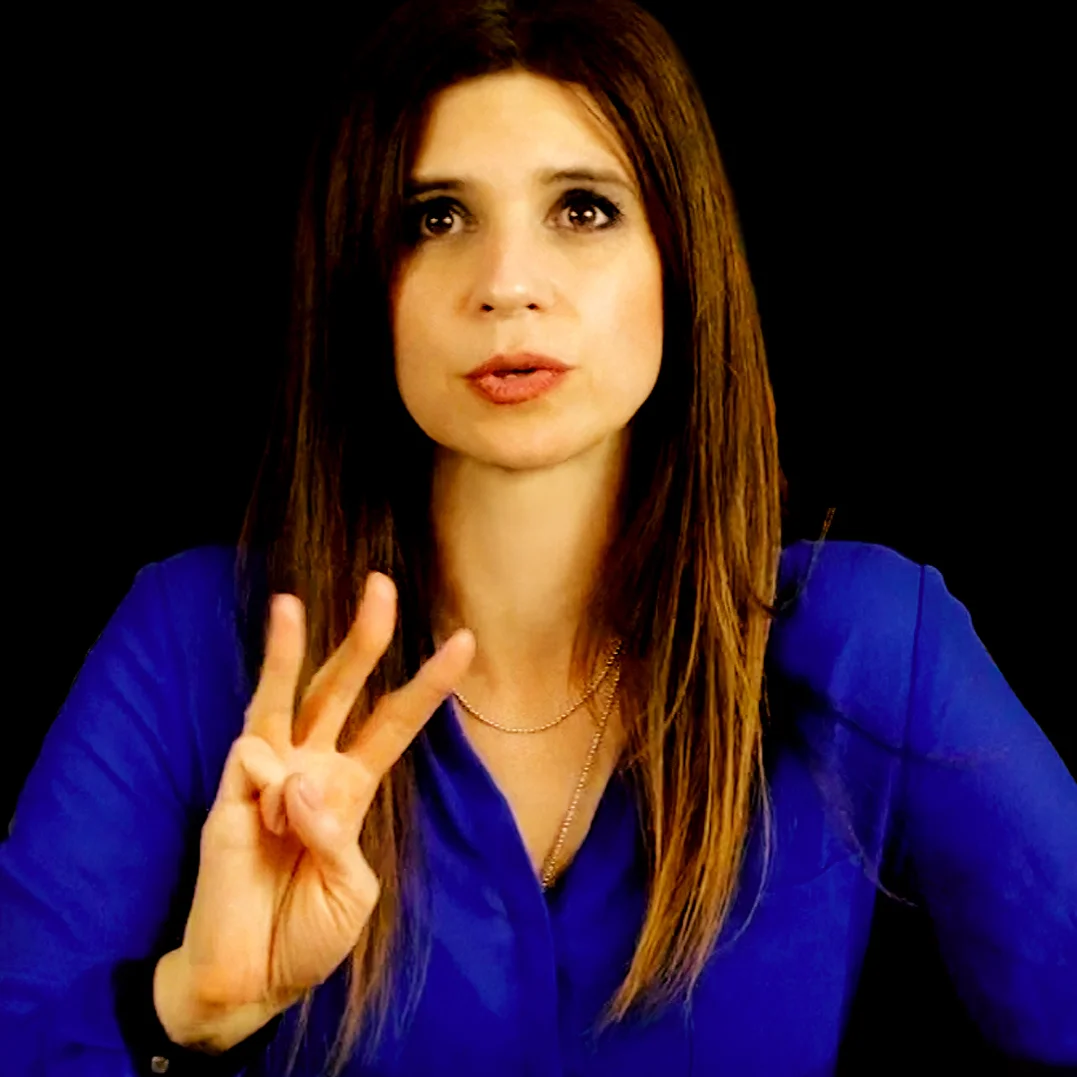An introduction to the GOOD PUPPY Behavioral & Emotional System for children, ages 3 to 9. A guide to improving parenting through awareness, motivation and the understanding of emotions.
Read MoreRECOGNIZING YOUR PARENTING STYLE: EXPECTATIONS & NURTURING
Beliefs and attitudes towards raising a child make up a parenting style. How high parents’ expectations are, how responsive and nurturing parents are, how much freedom children are allowed, define a style. Since a parenting style is not something we choose, but a result of our own awareness, our own history, capacity and values, distinguishing your own style will help improve your parenting. To quickly assess each parenting style we have rated them based on the four simple descriptors mentioned.
Read MorePERMISSIVE PARENTING: SOMETHING TO THINK ABOUT
Mostly described as indulgent and non-directive, this parenting style may be a choice for people who grew up without structure and limits themselves. Others that may fall right into this parenting style are children of authoritarian parenting, who try to compensate for what they deem as their parents’ failures by not setting limits nor behavioral expectations and indulging their children’s every whim.
Read MorePOSITIVE DISCIPLINE PARENTING: JUST STAY POSITIVE!
Encouraging good behavior is the proven and most positive approach to behavior management. Behavioral issues can come up as a result of many different factors; dealing with them under a positive, instructive and constructive light will help in the child’s development, stimulate his reasoning ability and grow his self-esteem.
Read MoreAUTHORATIVE PARENTING: NOT THE AUTHORITARIAN PARENTING STYLE IT SOUNDS LIKE
Authoritative Parenting, a very different style from Authoritarian Parenting, is a delicate balance of discipline and nurturing with high expectations that earn trust and freedom. A good recipe for independent, well-balanced children with a strong self-image and little trouble adjusting to new or demanding situations.
Read MoreAUTHORITARIAN PARENTING: SOMETHING TO RECONSIDER
Usually culturally passed on, Authoritarian Parenting is the style of choice for children of toxic parenting. Phrases such as “Because I told you so” are a product of this parenting style. This attitude expects children to adhere to rules without understanding them, usually driven by fear. The only thing children are learning is to respect authority and to follow orders. These children’s minds are not being nurtured.
Read MoreWIKI PARENTING: A SOMETIMES EXHAUSTING BUT REWARDING STYLE
In the age of information, where children pick up an iPad at the age of two, parents need to update to what we have recently coined as Wiki Parenting.
Read MoreCAUSES FOR CHILD MISBEHAVIOR: WHERE TO START?
Misbehavior is the last judgment to a trail of events. Children should be considered innocent until proven guilty. Actual intentions need to be discovered and feelings unearthed to dig out the true causes for behavior for a fair judgment to be made.
Read MoreCHILDREN'S DIET & FOOD SENSITIVITIES: MOODS MAY BE CAUSED BY FOODS
Everything we eat affects the chemistry of our bodies. To a certain degree, most of what we eat is toxic. It is how our bodies deal with those toxins, that determines whether we can eat it or not. Some of the effects of those toxins and our bodies’ own reactions to them, can manifest as skin rashes, inflammation, digestion problems or a low immune system, and some can lead to long term health problems.
Read MoreTHE CHILD'S ENVIRONMENT: THE CONSTANT CONDITIONER
What we take for granted is what usually affects us most. From the pretty tree in the front yard that unknowingly causes us to sneeze three months a year, to a messy room that installs subconscious chaos and a messy internal structure.
Read MorePARENT-CHILD MISCOMMUNICATION
The general belief about communication is that people understand what we’re saying, but usually, nothing could be further from the truth. Miscommunication easily emerges from different languages, social backgrounds, economic backgrounds, religious beliefs, upbringing, personality types or simply, personal expectations.
Read MoreCHILDREN & NEGATIVE ATTENTION: REALLY? IS THAT WHAT THEY WANT?
Only miscommunication can lead us into negative attention. No child wants to be yelled at, mistreated, or punished. The claim that children seek negative attention doesn’t quite add up. Children need attention. It is somewhere between how they seek it and how responsive parents are that negative attention comes into play.
Read MoreCHILDREN & FREEDOMS: BUILDING STEPPING STONE CHALLENGES TO GROW SELF-ESTEEM
Granting children the chances to assume new tasks is an important part of assistance during early development, but those new freedoms have to be earned for many reasons. Children left to perform tasks they’re not ready for, will not benefit from the experience and may be reluctant to try again.
Read MoreCHILDREN & HOUSEHOLD CHANGES
Any changes in the home may reflect in behavior changes, from a divorce to a permissive aunt visiting for the week. Children can feel stress levels in their parents. They hear it in conversation, notice changes such as less patience and higher irritability. Sometimes, a bad week for the couple or dad falling asleep on the couch can fill the child’s imagination with fears of divorce, a broken home structure, losing a parent’s love and even guilt.
Read MoreCHILDREN, PARENTS & PERSONALITY TYPES
Personalities can be observed in children at the age of three. A lot can change in terms of attitudes towards certain activities, behaviors and fears, but essentially, personality will not change.
Read MoreTHE EXTROVERTED CHILD: FASCINATING!
Like a small alien on planet Earth for the first time, extroverts are fascinated by the world around them. They seek highly stimulating environments and groups of people they can interact with. They tend to be warm, affectionate and very good at reading faces which they use to select others that will reward them with positive experiences.
Read MoreTHE INTROVERTED CHILD: IT'S COMPLICATED!
With their focus inside, introverts can come off as more reserved, which can be taken for shyness. Introverts are curious, creative and solution oriented. They are also sociable people, but in general they prefer smaller groups and need time alone to create, play and recharge.
Read MoreEXTRA SENSITIVE PERSONALITIES IN CHILDREN
More and more children today seem to be displaying extra sensitivities. As life becomes faster, louder and more demanding, more and more children seem to be trying to warn us to slow down. Unaware of the stresses we put on ourselves, we can’t notice the stresses we cause our children. Just checking our phone in the middle of the night will cause enough light to enter our eyes to change our internal body clock. This causes circadian rhythm disorder, which, ironically, prompts us to keep checking the phone in the middle of the night to see what time it is.
Read More
CURB YOURSELF: NO ONE ELSE CAN DO IT FOR YOU
Before looking to change anyone else, we first need to take a long and honest look in the mirror. Who are you? How do you compare to whom you’d like to change? How well maintained are you? Honest answers to these three questions should give us enough perspective to approach our subject with sensitivity, understanding and compassion.
Read More








What Does It Take To Do A Good Parenting Job?
Just like any job, raising children comes with a list of requirements. These requirements allow for a positive parenting experience, beneficial to everyone. But while anyone may muster up some of these traits, it is mastering them that will turn them into parenting super powers.